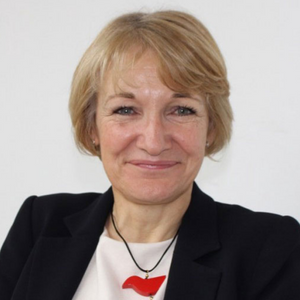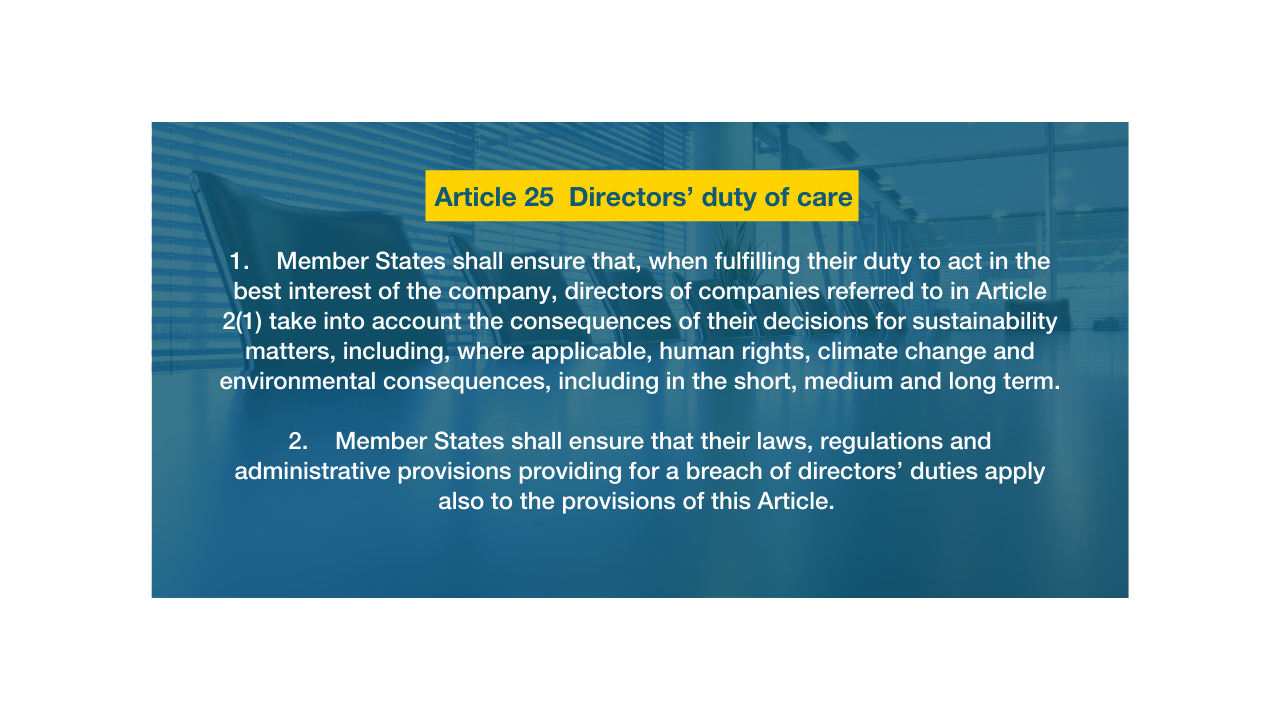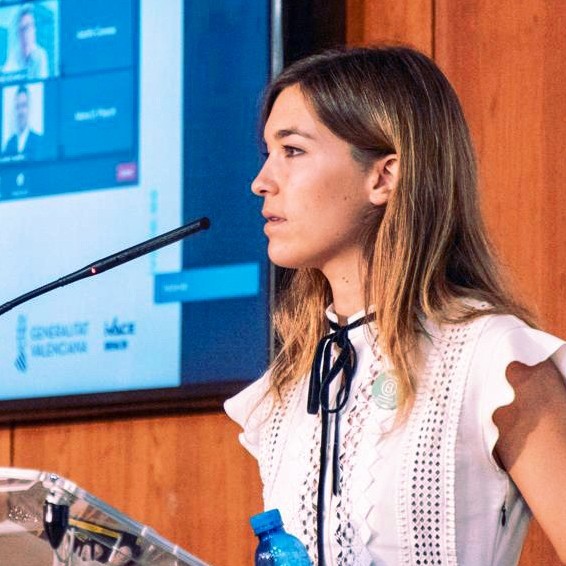The case to save Article 25: Directors’ Duty of Care

At the end of 2020, the European Parliament called on the Commission to propose a regulatory framework around Sustainable Corporate Governance. It seemed the European Union would be poised to lead the way in accelerating a transition to a fairer, more regenerative economy and achieve its ambitious Green Deal.
However, after two years of debate, the Corporate Sustainability Due Diligence Directive (CSDDD) is at risk of being watered down. The next few months will be critical to breaking through to the members of the European Parliament in order to save Article 25 – which is focused on directors’ duty of care. Article 25 represents a unique and urgent opportunity to change how directors of companies should think about sustainability matters and how they embed them in the operations of the company, looking beyond profits to run their business in a way that benefits all stakeholders.
In reality, of the 27.5 million businesses in Europe, around 1% adopt a form of governance that commits directors to consider sustainability matters and stakeholder interests.
Using Certified B Corps as a proof of concept, the Interdependence Coalition (IC), established by B Lab Europe and a group of now over 400+ organizations, calls out the importance of CSDDD’s Article 25 on Directors’ Duty of Care and advocates for why this specific article can be fundamental to achieving EU Green Deal ambitions. The coalition has responded to the EU at each stage of the development process of the CSDDD, It has also individually messaged every member of the European Parliament’s lead committee (JURI).
Now, the IC has created a petition to save Article 25:
- Find out more and sign the petition here
- Download the petition here in English, German, Italian, French, Spanish, and Dutch.
On March 16th, B Lab Europe and the Interdependence Coalition hosted a webinar exploring the Corporate Sustainability Due Diligence Directive (CSDDD) and its potential impact. Shedding light on the work the Interdependence Coalition is doing to save Article 25.
Katie Hill, B Lab Global Board Member, EU Policy Advisor, Former CEO of B Lab Europe and Co-founder of Interdependence Coalition, kicked off the webinar by explaining what the IC is all about, what is at stake, the reasons for resistance to keep Article 25 and the IC’s rebuttals, why the role of advocacy has real potential to change the way that businesses could operate in Europe in the future.

“At B Lab Europe, we saw a huge parallel with the legal requirement to become a B Corp which embeds into the company’s article a commitment to govern for the interests of stakeholders not just shareholders, and the Duty of Care proposed in the European Legislation.”
– Katie Hill, B Lab Global Board Member, EU Policy Advisor, Former CEO of B Lab Europe and Co-founder of Interdependence Coalition
Wojtek Baginski, International lawyer, B Lab Global Board Member, Co-founder of Interdependence Coalition and Impactiv Law Firm, explained how in practice, this Article 25 would work – mandating directors of large businesses to take into account the consequences of their decisions for sustainability matters. For example, they will need to ask themselves: will we be contributing to breaches of human rights if we move our operations overseas? Are we able to verify that properly? How a certain investment could affect climate change? In order to avoid potential liability for negligent action, the decision-making process of the directors should be documented – ideally in the protocols from the meetings. Liability under this article would not arise for the outcome of the specific decision but for the improper process that resulted in lack of any consideration of these matters.
With Article 25, finding the proper balance between profit and sustainability matters/stakeholders’ interests will be left to the directors as their normal daily responsibility. In addition, through this small change, it will be in the best interest of the company to actually consider sustainability matters.


“Article 25 provides a very strong signal that it is no longer tolerable for directors of companies to hide behind excel spreadsheets and justify their decisions based on only profits. Letting go of this article risks falling back to the end of 20-century limited understanding of the obligations of directors of companies”
– Wojtek Baginski, International lawyer, B Lab Global Board Member, Co-founder of Interdependence Coalition and Impactiv Law Firm
Katie introduced Kelsey Beltz, Managing Director at The Good Lobby, and asked her why it is important for businesses and organizations to get behind what the Interdependence Coalition is advocating for and support the petition. She mentioned how the only way to achieve change is through collaboration and often through unconventional coalitions. It is often heard that businesses and citizens are on two different sides, but with the B Corp community, you can see how these things can coexist. There is a driving force in the business community that is advocating for change. Kelsey encouraged companies to support the petition, highlighting the power of advocacy in making legal changes happen.

“There is the need for a little bit of a stick to tell the big corporations that the burden is not only on B Corps that are walking the walk and talking the talk, and it is up to you to catch up. And the only way to achieve this it’s through this binding legislation. This is why we can’t drop [Article 25]. We’ve been telling corporations that legislation is coming and it’s better to be proactive rather than reactive.”
– Kelsey Beltz, Managing Director, The Good Lobby
Carlota de Paula Coelho, Senior Sustainability Consultant at MAS Business and B Corp expert member in the EU standard-setter EFRAG TEG explained how the Corporate Sustainability Due Diligence Directive (CSDDD) fits in the Green Deal and European Legislation. Reporting standards only demand companies to disclose information; they do not prescribe behavior. But it’s for the companies to make themselves more attractive to investors. This is the carrot to the stick mentioned by Kelsey, whereas Due Diligence obliges companies to undertake some changes. So hopefully, this push and pull will lead to the transition to a fairer and more sustainable economy.
What is the role of B Corps and how do they contribute to the discussion? Carlota highlighted how B Corps really are proof of concept that robust competitive growth coexists alongside positive social and environmental impact. The growing demand for B Corp certification and the tracked evidence on increased revenue growth of the European B Corps indicate that stakeholder governance is a win-win for our planet, for society and for sustainable growth. Read more about it here.

“Stakeholder Governance is not uncharted territory for [B Corps]. It is what defines us. And we have the track record to sustain that to anchor the management to sustainability at the highest level of governance is good for the bottom line too”
– Carlota de Paula Coelho, Sustainability Consultant at MAS Business and B Corp expert member in the EU standard-setter EFRAG TEG
We then had the chance to hear directly from B Corps on how they implemented stakeholder governance in their businesses: Karolina Długosz, Sustainability Lead at Netguru, and Marina de la Fuente Sustainability and Climate Change Consultant at Gabeiras & Asociados.
When Netguru included the legal requirement, the most important part for them was to engage the top management in the company. Among other examples, Karolina brought the employee-led consultative group. This practical implementation of stakeholder governance focuses on building consultative groups to keep the decision-makers in check for different areas.

“The employee-led consultative group at Natguru can raise its hand if they think a business opportunity that we see has a negative outcome in the world. This particular group has the mandate to raise the alarm to the CEO. Last year we resigned from five business opportunities. This is exactly about balancing profits and sustainability.”
– Karolina Długosz, Sustainability Lead at Netguru
For Gabeiras & Asociados, stakeholder governance has been at the core of their activities even before becoming a B Corp. Their mantra is that not everything legal is legitimate, honest or fair. In their company, every project gets through a filter and they decide not to get involved in any project that may be damaging to stakeholders.
They are also strong advocates for the Benefit Corporation legal form in Spain and achieved an astonishing result last summer by joining forces with B Lab Spain and the B Corp Movement in the country with the advocacy campaign ‘Empresas con Propósito‘.

“We are advocating for the recognition of Benefit Corporations here in Spain (Las Sociedades de Beneficio e Interés Común – SBIC). In June, we managed to achieve the legal recognition of SBIC and we are now coordinating a group with a variety of agents within the impact ecosystem, working towards the creation of a solid ground for SBIC’s to operate in.”
– Marina de la Fuente, Sustainability and Climate Change Consultant at Gabeiras & Asociados
We hope these different perspectives and resources equipped you to be an agent of change yourself. Below you can watch the full webinar, but we also find different ways in which you can support this advocacy action.
How can I advocate saving Article 25?
✍️ Help us reach the 500 signatures by [add date]
- Signing the Petition here
- Share the petition with another company & endorse them to sign it
- Share this Linkedin post
- Use our existing campaign toolkit
🇪🇺 Help us reach Members of the European Parlament
